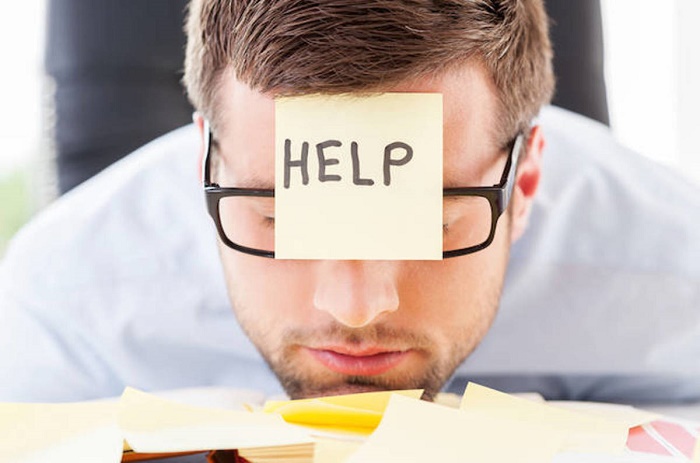Does exercise help anxiety? It is a very difficult question to answer. There is dissent between psychiatrists and psychotherapists. More than 70 percent of psychiatrists said that exercise helped us to overcome anxiety. Here, we will present some calming exercises for anxiety.
Calming exercises for anxiety
The answer to the question: does exercise help anxiety is YES. Let’s see some exercises.
Learn to breathe
Obviously we all know how to breathe, that’s why we are alive; However, we don’t do it the right way to relax. There are many ways to breathe, but the breathing we practically all perform is a social and shallow breath.
Our usual breathing rhythm is accelerated, oral, and superficial. We breathe through the mouth with little or no use of the diaphragm either because we contract the abdomen when taking air or because we raise our shoulders.
Thus, we only incorporate a small amount of oxygen, which results in a lack of vitality and less resistance. That is why breathing is at the top of our list because, without a doubt, good breathing is the basis of relaxation.
Jacobson’s progressive relaxation
As the propellant of this type of relaxation would affirm, “eliminating residual stress is the essential characteristic of this method “. Thus, since the mental tension activates the muscles, to avoid overloading, we must understand when the muscles are tensed and what we can do to relax them.
For that, it is essential to be knowledgeable about the muscle groups that we can relax. While this technique needs proper training to be learned, we can benefit from the resources we find in the network to implement it. We leave this video for you to try.

Autogenous Schultz Training
This type of relaxation is based on suggestion, so it induces pleasant feelings and thoughts that allow us to relax. It is based on the idea that we all have the power to change our lives by changing our mental attitude.
Keep reading: Midget bodybuilder
Walk
Walking or doing any physical activity helps us channel the activation of our body. That is to say, it helps us to thin the worries of our mind, to reserve a plot of our soul to ourselves, something that we often forget and that, without a doubt, generates enormous problems at all levels.
Listen to relaxing music
Listening to relaxing music is also a great way to connect with our calmer self. Do you know the saying that music tames beasts? Really, music helps us slow the pace of our mind. If you think you do not have time to practice a daily relaxation exercise, then it is precisely when you need to do it.
Guided Meditation to Soothe Anxiety
Through a guided meditation to calm anxiety, the mind is oriented towards the ideal path for recovery. This is achieved in such a way that a calm and expert voice shows the path in which the patient, mentally, must go along the marked path that will eventually reach a peaceful, quiet and safe place where the mind will recover and you will feel serene.
Among the relaxation techniques for anxiety, this method is especially recommended among the other techniques, especially if the anxious person is a beginner in the practice of meditation and relaxation.
How to relax when you’re anxious?
If the question about how to relax when you have anxiety? It is a question that circulates your mind lately, you should know that the answer is very simple: breathe. Yes, but not as you usually do, breathing as one of the many relaxation techniques for stress and anxiety requires practice and experience so you must learn to control the diaphragm and the speed of inhalation and exhalation.
Most anxiety relaxation techniques are more effective when practiced in solitude, in silence, and with some contextual tranquility. Relaxation techniques for anxiety require meditation and perseverance, commitment and commitment. None of the relaxation techniques for anxiety is achieved with suspicion, distrust or disbelief.
The power of the mind is crucial to the effectiveness of relaxation methods for anxiety. Here is the answer to how to relax from anxiety, control the mind, make the brain energy become self-destructive and not self-destructive; not drowning in anxiety and stress is vital for relaxation techniques for anxiety to yield desired fruits. Relaxation for anxiety is effective in most cases where relaxation techniques for anxiety are taken seriously.




